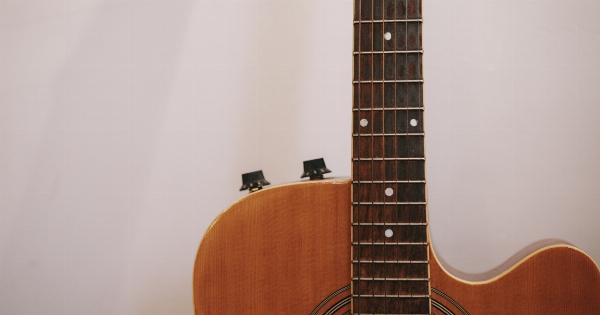Concerts can be an unforgettable experience for music enthusiasts.
However, with the noise levels at many concerts extremely high, many concert-goers run the risk of developing significant and permanent hearing damage, which can, unfortunately, lead to hearing loss. We all know that rock concerts can be incredibly loud, and hearing loss is a common concern voiced by many.
Technology has continued to keep pace with high sound frequencies at concerts and festivals, and it is critical to consider a few essential tips to avoid hearing loss risks.
What is Noise-Induced Hearing Loss?
Noise-induced hearing loss is a common problem that arises due to exposure to loud sounds over time, damaging the cells in our ears that are responsible for perceiving sound. Every sound has a different loudness, with units of sound called decibels.
Any sound higher than sixty decibels that lasts more than a few seconds can have a detrimental effect on one’s hearing health. The louder the sounds and the higher the frequency, the more the long-term damage to your hearing,” said Dr. Greg VanDyke, Doctor of Audiology at the University of Missouri Health Care.
The Problem with Concerts
According to the National Institute on Deafness and Other Communication Disorders, any sound over 85 decibels has the potential to cause hearing loss if you listen to it frequently or for prolonged periods, with average rock concerts generating sound levels at around 115 decibels. That’s over 6 times the recommended noise level and can comfortably damage hearing. The closer individuals are to the loudspeakers, the more significant the sound’s impact on the ears.
Consistently exposing yourself to loud noises over an extended period can lead to long-term hearing damage and, in some cases, inner ear cell death, a consequence that is irreversible, resulting in permanent hearing loss.
Risks of Hearing Loss
Hearing loss can greatly impact the quality of life. It can lead to social isolation, anxiety, and depression, making it challenging for individuals to perform daily tasks, communicate with others, and concentrate at work.
Hearing loss could also potentially lead to memory problems, dementia, and overall cognitive decline, as researchers have found that hearing loss accelerates brain function decline and may cause cognitive decline in later life.
What You Can Do to Protect Yourself
It is essential to take necessary precautions to keep your ears protected at concerts, as hearing damage is not just a concern for older adults. Below are some tips for protecting your hearing:.
- Use earmuffs or earplugs
- Sit farther away from the speakers
- Take breaks every 15-20 minutes to give your ears a rest
- Avoid standing close to large speakers
- Check that the venue has provided sufficient protection
- If you feel a ringing sensation in your ears after the concert, give your ears a break for a few days.
Prevention is always better than cure, and these measures can go a long way towards preventing short-term and long-term damage to your hearing. It is important always to keep in mind that once hearing damage has occurred, there is no repair.
Hearing Health is Critical
It is important to take care of your hearing health not only when you attend concerts but throughout your life. Regular hearing check-ups, starting from age 50, can help identify hearing damage early to prevent hearing loss or mitigate its effects.
As hearing loss can have a profound effect on an individual’s mental health, it is crucial to take the necessary steps to minimize the risks of hearing loss.
Conclusion
In conclusion, concerts can be an exciting experience, and it is crucial to understand that such exciting experiences come with their fair share of risks.
It is essential to protect ourselves and our loved ones by taking necessary measures such as using protective gear, sitting at safe distances, taking breaks, and avoiding standing too close to the speakers.
Hearing loss can be detrimental to one’s physical and emotional health, and it is every individual’s responsibility to care for their hearing and take preventative measures; after all, when the music stops, it is important that we can still hear the melodies of life.































